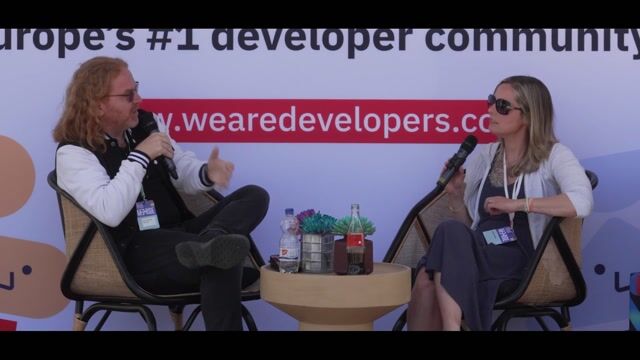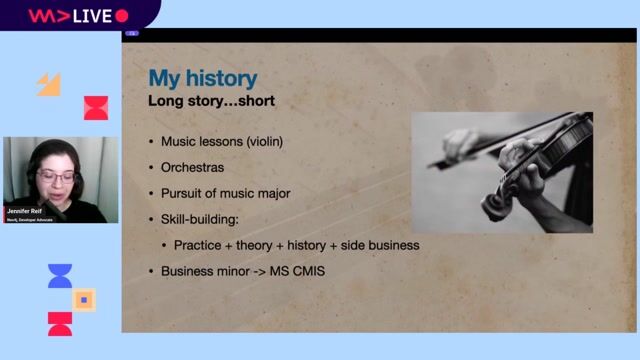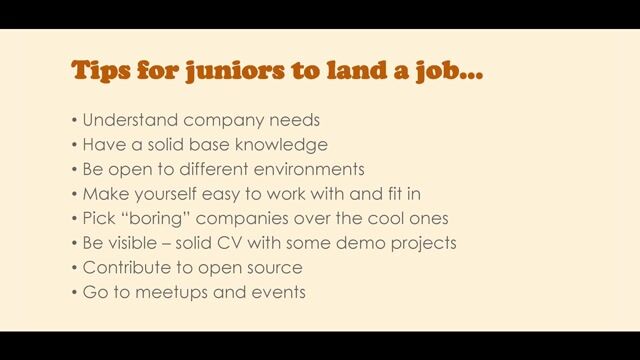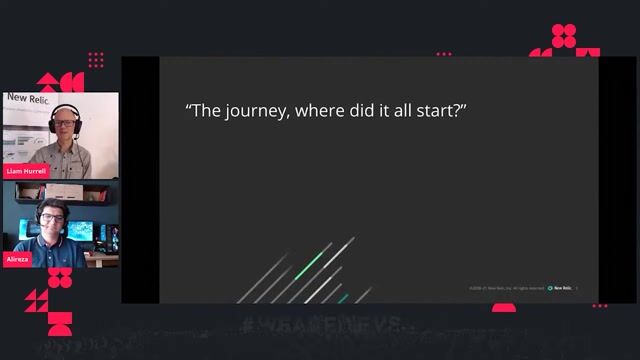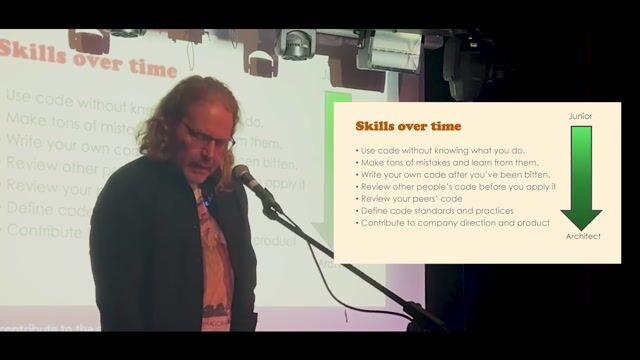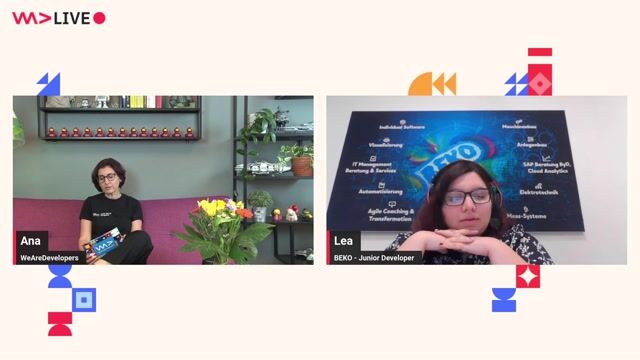Associate Software Engineer
Role details
Job location
Tech stack
Job description
Introduction: The post holder will work within a software development team in designing, authoring, and maintaining in-house software solutions along with identifying, implementing, supporting and enhancing commercial applications. The team's responsibilities include the integration and automation of both third-party and in-house solutions with the goal of producing an integrated, seamless IT infrastructure. The post holder will develop, maintain, and deliver systems to automatically manage the entire user lifecycle across key university platforms. They will also produce a variety of bespoke software to enhance the user experience e.g., a personalised web environment. It is essential that IT Services staff work together as a team to provide a co-ordinated, customer-focused approach to service delivery. A comprehensive and cohesive IT service will be delivered in line with university and IT Services strategies and directives, as communicated by senior management. The skills and resources of all staff may be utilised across the department as necessary. The services will be delivered and measured against a set of agreed standards and targets. It is vital that a flexible approach to working hours is maintained and an understanding that the exigencies of the service dictate that working out-of-officehours when required is an essential part of the role.
Duties
- Role Specific Responsibilities
-
Maintain and further develop expertise in the languages and technologies required to support your field of specialism.
-
Assist in the development, maintenance, customisations and reporting of the corporate website, using a combination of appropriate languages and technologies. These include, but are not limited to: o C#
o ASP.NET, .NET Core, .NET 6+ o HTML5/CSS o Javascript
-
Demonstrate an understanding and the ability to learn and develop in all aspects of software development needed to create a compelling and functionally rich corporate website and associated solutions, including but not limited to: o An understanding of good software development design including 'mobile first' consideration. o An understanding of the programming lifecycle and how that works for development projects relevant to your area of work. o Assist in the analysis of requirements for development projects. o Assist in conducting unit, regression and user acceptance testing in accordance with the university's software development lifecycle procedures. o An awareness of Accessibility compliance.
-
Ensure all developed code is documented to agreed standards and correctly checked in to the university's software repository.
-
Assist in the design and integration of business processes and data flows between the different platforms and applications, including 3rd party and the university's business and student information systems.
-
Develop an understanding of both the university's academic and administrative lines of business and use this business knowledge to devise innovative ways of further improving, integrating and/or automating aspects of its business and student information services with the goal of producing a high quality, cost effective, seamless user experience for all members of the university.
-
Have good team working and customer service skills, and liaise and work with other teams both inside IT Services and the wider business, as well as being able to work as part of a blended project team with external software houses and independent IT consultants ensuring an integrated approach to the delivery of IT solutions and services when required, and a desire to help continuously improve our services and how we work with our customers.
-
Assist in the production of standardised project plans, project reports, technical and user documentation, and when appropriate, deliver targeted training to peers and end users.
-
Assist in undertaking root cause analysis on recurring issues identified through Helpdesk requests, or project testing, to eliminate underlying problems, informing management and custodians as appropriate.
-
Use the university's help desk system to record changes, manage incidents, problems, and service requests in accordance with departmental service management initiatives.
-
Keep abreast of IT developments in general and undertake research to develop expertise relevant to the requirements of your designated area of work.
- ITS Responsibilities
The responsibilities listed below are intended to describe the general nature of the role at that grade. The balance between the elements in the role, may change or vary over time depending on the specific needs at a point in time, or due to changing priorities in the department/section.
Communication, Liaison and Networking
-
Communicate information at an appropriate level of professional complexity/specialism both within the technical community and to colleagues outside of it.
-
Identify and assess information system and data needs and manage the collection, use and presentation of data and information.
-
Establish, maintain and develop productive and ongoing relationships with colleagues across the University and externally, to support service delivery and issue resolution.
Team Development, Teamwork and Motivation
-
Work as an active participant in a team.
-
Where appropriate, supervise or oversee the work of other team members or monitor the work of contractors and be recognised as a point of contact for a specialist area in the team.
Service Delivery
-
Establish customer requirements and contribute to changes and improvements in the standards/delivery of own area of service.
-
Advise and assist staff and/or students on all aspects of technology applicable to the role, including specialist queries or operational problems.
-
Provide regular training and instruction to people outside the team on specific issues and activities.
-
Discharge duties to a continually high standard as evidenced through Helpdesk and key service measurements.
-
Advise management on adherence to licensing conditions as appropriate.
Planning / Organising Resources and Decision Making
-
Plan and prioritise own work and use of equipment/resources and reprioritise according to demand/workload.
-
Participate in project work as necessary and be accountable for aspects of operational delivery.
-
Understand and contribute to service provision in line with the strategic plans of the section, department and wider organisation.
Vision, Skills & Experience
-
Use initiative and judgement to deal appropriately with problems, tasks and issues where the solution may not always be apparent or simple, subject to changing priorities.
-
Proactively identify risk to the service and share it with the wider team.
-
Understand where change is needed and the factors that could inhibit successful delivery of service.
-
Be vigilant towards security issues and work to either eliminate or reduce the risk of security breaches of all forms (attack, information leak, poor practice).
-
Apply knowledge and understanding of role specialism and relevant regulations and codes of practice, to provide advice, support and services to colleagues and service users without recourse to others on complex but routine matters., * Any other duties commensurate with the grade as deemed necessary by senior ITS management.
-
A commitment to LJMU's values and regulations and Diversity and Inclusion Policy.
-
Commitment to adhere to and promote the ethos of Respect Always as set out in the Respect Always Charter.
-
Liverpool John Moores University recognises and is aware of its Social, Economic and Environmental responsibilities. The post holder is required to minimise the environmental impact in the performance of the role, contribute to (and supervise if applicable) the implementation of environmental improvement measures and actively contribute to the delivery of LJMU's Environmental Management and Sustainability Policy and the Climate Change Action Plan.
-
The post-holder's mandatory Health and Safety responsibilities, which have been agreed by the University's Executive Leadership Team, are contained in Section 2 of the University's Safety Management Code of Practice (MCP1) Organisation for the Implementation of the Health and Safety Policy. The post-holder's mandatory Environmental Management responsibilities are contained in Section 2 of the University's Environmental Management Code of Practice (ECP1) Organisation for the Implementation of the Environmental Management and Sustainability Policy.
-
For some of your activity, from time to time, you may be required to contribute to externally funded projects such as research or EU projects.
Requirements
The person specification describes the skills, experience, knowledge and aptitude required to perform the duties of this post effectively. The criteria order listed should not be taken to imply their relative importance. Both paid and unpaid experience may be relevant.
Essential Factors Evidence Educated to degree level or having good experience of developing a A, I website.
Development experience with a variety of the following: C#, ASP.NET, A, I JavaScript, HTML/CSS An understanding of specific technologies in relation to the provision of A, I robust and scalable software. Awareness of the range of technologies and systems which comprise the A, I overall IT infrastructure deployed within the university. Great communication and team working skills including the ability to A, I explain technical issues at an appropriate level for the audience.
Experience of working on development projects. A, I
A patient, caring and friendly attitude to the needs of all IT users, A, I including end users and colleagues within IT Services.
Able to demonstrate a commitment to continuous personal and A, I professional development in relevant areas, and to the application of that learning. Commitment to LJMUs values and regulations, including the Diversity A, I and Inclusion Policy.
Desirable Factors Evidence
Experience of developing software A, I Specific relevant qualifications A, I
Knowledge of relevant trends and recent developments in the IT I industry.
Benefits & conditions
Financial benefits: Competitive salaries based on a low contractual 35 hour working week. 17.5% employer contributions to pensions for non-academic staff enrolled into Local Government Pension Scheme (LGPS). 28.68% employer contribution to pensions for teaching staff enrolled into the Teachers' Pension Scheme (TPS).
Work life balance: Excellent annual leave provision. 30 days for support staff and 35 days for staff and senior managers grade 8 and above. 8 UK bank holidays and up to 5 University closure days between Christmas and New Year. Family friendly policies and a range of benefits to support including job-shares, flexible working hours and part-time roles where possible.
Health and wellbeing: Regular wellbeing support initiatives throughout the year. Access to a trained counsellor via Employee Assistance Programme (EAP). Plus a programme of activities and range of support and resources to help look after your mental and physical wellbeing.
Career Benefits: Continuous development opportunities to enhance your knowledge and meet your career ambitions, including LinkedIn Learning.
Making a difference: LJMU Climate Action - be at the forefront of initiatives to tackle climate change. Share experiences and challenge unfair practices with our Diversity and Inclusion Staff Networks. Opportunity to volunteer at graduation ceremonies, clearing and open days.
Discounts and other benefits: A reward and benefits platform, giving savings on day-today purchases across a range of retail outlets. Interest free loans repayable across twelve monthly instalments, including loans for annual travel season tickets and cycle to work scheme. Massively discounted gym and fitness classes at the University Sport Building.

